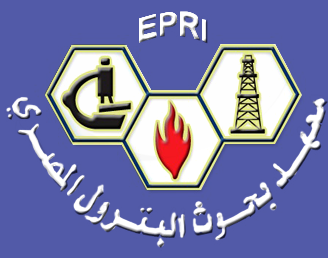Article Type
Research Paper
Abstract
In this research, a series of experiments on pyrolysis of brown algae "Padina sp." were conducted in a batch reactor under different temperatures (400, 500, and 600 oC) and reaction times (30, 60, and 90 min) to investigate the product behavior and the kinetic of solid degradation of Padina sp. during the pyrolysis process. The results showed that the bio-oil from Padina sp. can be split into its constituent parts with chemicals such as carboxylic acids, hydrocarbons, n-aromatic compounds, amines/amides, and phenolic compounds. Ultimate analysis demonstrated that the H/C and O/C atomic ratios of the biochar were lower than those of the raw material. The calorific values vary from 20.96 to 22.25 MJ kg-1. Scanning electron microscopy (SEM) of the surface morphology also revealed that the formed biochar had a larger surface area than the algal feedstock. Additionally, the reaction kinetics of solid degradation at various temperatures were determined. The pre-exponential factor and activation energy for the degradation of solid feedstock were successfully determined for the first time using the Arrhenius equation as 8.44×1010 s-1 and 144.4 kJ mol⁻1, respectively.
Keywords
bio-oil, biochar, brown macroalgae, kinetic, pyrolysis, solid degradation
Recommended Citation
AMRULLAH, Apip; FAROBIE, Obie; and Ernawati, Lusi
(2024)
"Slow-pyrolysis of brown macroalgae Padina sp.: Product characterization and degradation kinetic mechanism,"
Egyptian Journal of Petroleum: Vol. 33
:
Iss.
3
, Article 11.
Available at: https://doi.org/10.62593/2090-2468.1043
Creative Commons License

This work is licensed under a Creative Commons Attribution-NonCommercial-No Derivative Works 4.0 International License.







